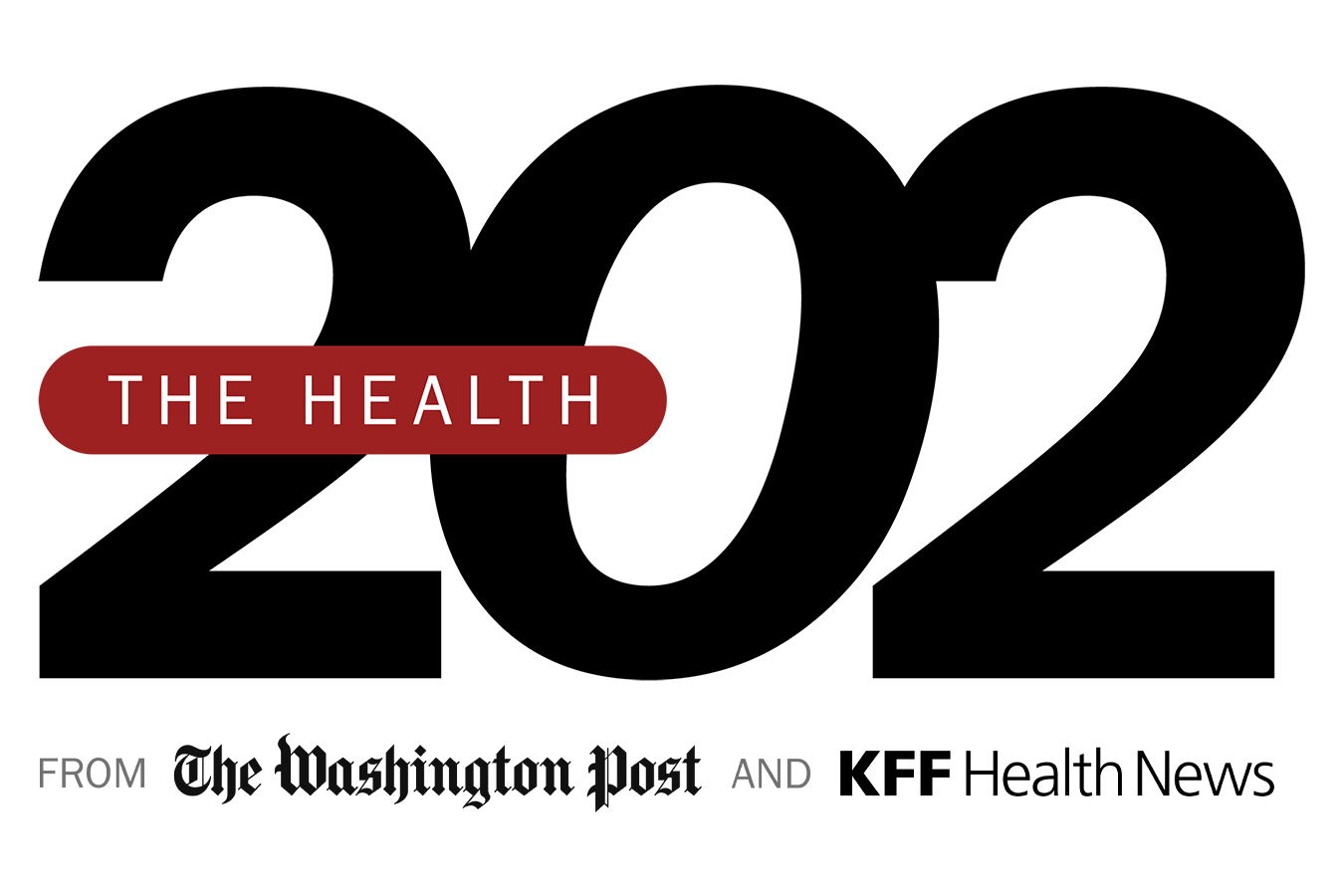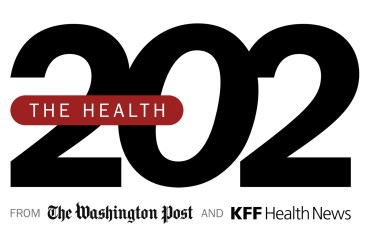Notifications
ALL BUSINESS
COMIDA
DIRECTORIES
ENTERTAINMENT
FINER THINGS
HEALTH
MARKETPLACE
MEMBER's ONLY
MONEY MATTER$
MOTIVATIONAL
NEWS & WEATHER
TECHNOLOGIA
TV NETWORKS
VIDEOS
VOTE USA 2026/2028
INVESTOR RELATIONS
COMING 2026 / 2027
ALL BUSINESS
COMIDA
DIRECTORIES
ENTERTAINMENT
FINER THINGS
HEALTH
MARKETPLACE
MEMBER's ONLY
MONEY MATTER$
MOTIVATIONAL
NEWS & WEATHER
TECHNOLOGIA
TV NETWORKS
VIDEOS
VOTE USA 2026/2028
INVESTOR RELATIONS
COMING 2026 / 2027
About Me
 Latinos Media
Latinos Media Latinos Media provides all types of news feeds on a daily basis to our Members
Posted by - Latinos Media -
on - November 29, 2023 -
Filed in - Salud -
-
695 Views - 0 Comments - 0 Likes - 0 Reviews

Medicare Advantage plans are pretty popular with both lawmakers and ordinary Americans — they now enroll about 31 million people, representing just over half of everyone in Medicare, by KFF’s count.
But among doctors and hospitals, it’s a different story.

The Health 202 is a coproduction of The Washington Post and KFF Health News.
Subscribe NowAcross the country, provider grumbling about claim denials and onerous preapproval requirements by Advantage plans is crescendoing. Some hospitals and physician practices are so fed up they’re refusing to accept the plans — even big ones like those offered by UnitedHealthcare and Humana.
“The insurance companies running the Medicare Advantage plans are pushing physicians and hospitals to the edge,” said Chip Kahn, president and CEO of the Federation of American Hospitals, which represents the for-profit hospital sector.
Last week, the industry’s largest lobbying group, the American Hospital Association, fired off a letter to the Centers for Medicare and Medicaid Services warning that some insurers seem intent on circumventing new rules put in place by the Biden administration aimed at reining in some prior authorization and claim denials.
It isn’t like we’ve never seen disputes between insurers and providers before, especially in negotiations with employer-sponsored plans.
But the focus now on Medicare Advantage “seems different,” said David Lipschutz, associate director and senior policy attorney for the Center for Medicare Advocacy, who says hospitals and doctors are becoming “much more vocal” about their frustrations with some of the insurers’ cost-control efforts.
Baptist Health in Louisville, for example, has threatened that all of its nine hospitals, along with its clinics and physician groups, will cut ties with Advantage plans offered by UnitedHealthcare and WellCare Health Plans Inc. beginning in January unless they can come to terms.
The plans “routinely deny or delay approval or payment for medical care recommended by your physician,” the system wrote in a message to patients posted on its website.
The system’s medical group, with nearly 1,500 physicians and other providers, left Humana’s network in September.
And in San Diego, more than 30,000 people are looking for new doctors after two large medical groups affiliated with Scripps Health said they would no longer contract with any Medicare Advantage insurers. Revenue “is not sufficient to cover the cost of patient care we provide,” they said in a statement.
Lipschutz thinks providers are feeling emboldened following a study by the Health and Human Services Department’s inspector general published last year that found some Advantage plans have denied coverage for care that should have been provided under Medicare’s rules.
The Biden administration’s new rules, set to take effect in January, are in part a response to the OIG report. Enrollment for Medicare Advantage plans, traditional Medicare coverage and stand-alone Medicare drug plans is open until Dec. 7.
While the insurance industry likes to boast that a huge majority of Congress supports the plans, there’s increasing scrutiny at the Capitol, too.
Prior approval is a big point of friction. Virtually all Medicare Advantage enrollees are in plans that require the insurer to sign off in advance for at least some care, according to KFF. Insurers say that process ensures treatments are coordinated and appropriate.
In 2021, more than 35 million requests for prior approval were submitted for Medicare Advantage enrollees, according to KFF, and over 2 million of them were denied. For the small minority of patients who appeal (11 percent), a whopping 82 percent won a full or partial overturning of the insurers’ decision.
To be sure, commercial plans covering people with job-based insurance or those who buy their own through the Affordable Care Act also engage in prior approval, and there’s lots of complaints about them, too.
The difference with Medicare, though, is that beneficiaries can choose the traditional, government-run program, in which prior approval and claim denials are much more limited. Doctors and hospitals have plenty of gripes about how much traditional Medicare pays them, but from their point of view, they spend less time fighting over medical decisions.
This article is not available for syndication due to republishing restrictions. If you have questions about the availability of this or other content for republication, please contact NewsWeb@kff.org.
KFF Health News is a national newsroom that produces in-depth journalism about health issues and is one of the core operating programs at KFF—an independent source of health policy research, polling, and journalism. Learn more about KFF.
USE OUR CONTENTThis story can be republished for free (details).